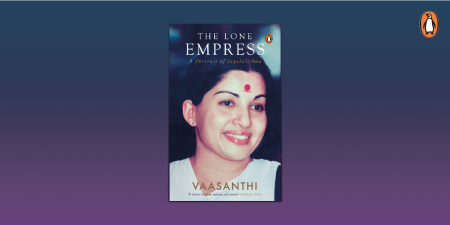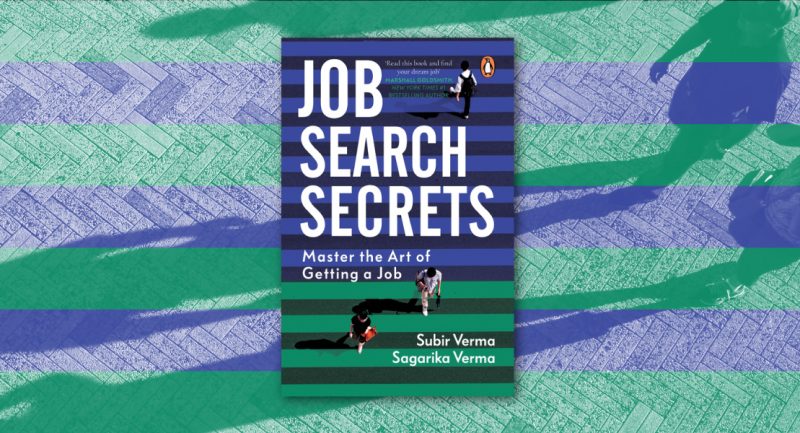
You crave feedback. Your organization’s culture is the key to its success. Strategic planning is essential. Your competencies should be measured and your weaknesses shored up. Leadership is a thing.
These may sound like basic truths of our work lives today. But actually, they’re lies.
From Marcus Buckingham and Ashley Goodall’s book, Nine Lies About Work, we extract another lie that must be debunked from the chapter The Best People are well-rounded that talks about strength vs ability when it comes to being good at something.
Lionel Messi plies his trade on the world’s largest sporting stages, but you may have experienced similar admiration for colleagues at work. One of them puts together a presentation and delivers it with wit and clarity, and you smile. Another handles a grumpy customer with just the right mix of empathy and practicality, and you marvel at how easy she made it look. Another defuses a complex political situation, and you look at him in awe and wonder how on earth he did it. As humans, we are wired to find joy in seeing someone else’s talents in action. We resonate with the naturalness, the fluidity, and the honesty of a thing done brilliantly well, and it attracts us and draws us in.
You will have recognized the Messi joy when it is your own performance that you’re experiencing, too – that is, when you are expressing your own strengths. This sensation is not, at root, created by how good you are at something. Rather, it’s created by how that activity makes you feel. A strength, properly defined, is not “something you are good at.” You will have many activities or skills that, by dint of your intelligence, your sense of responsibility, or your disciplined practice, you are quite good at, and that nonetheless bore you, or leave you cold, or even drain you. “Something you are good at” is not a strength; it is an ability. And, yes, you will be able to demonstrate high ability – albeit briefly – at quite a few things that bring you no joy whatsoever.
A strength, on the other hand, is an “activity that makes you feel strong.” Before you do it, you find yourself actively looking forward to doing it. While you are doing it, time seems to speed up, one moment blurring into the next. And after you’ve done with it, while you may be tired and not quite ready to suit up and tackle it again, you nonetheless feel filled up, proud. It is the combination of three distinct feelings – positive anticipation beforehand, flow during, and fulfillment afterward – that make a certain activity a strength. And it is this combination of feelings that produces in you the yearning to do the activity again and again, to practice it over and over, to thrill to the chance to do it just one more time. A strength is far more appetite than ability, and indeed it is the appetite ingredient that feeds the desire to keep working on it and that, in the end, produces the skill improvement necessary for excellent performance.
Nine Lies About Work reveals the few core truths that will help you show just how good you are to those who truly rely on you.









